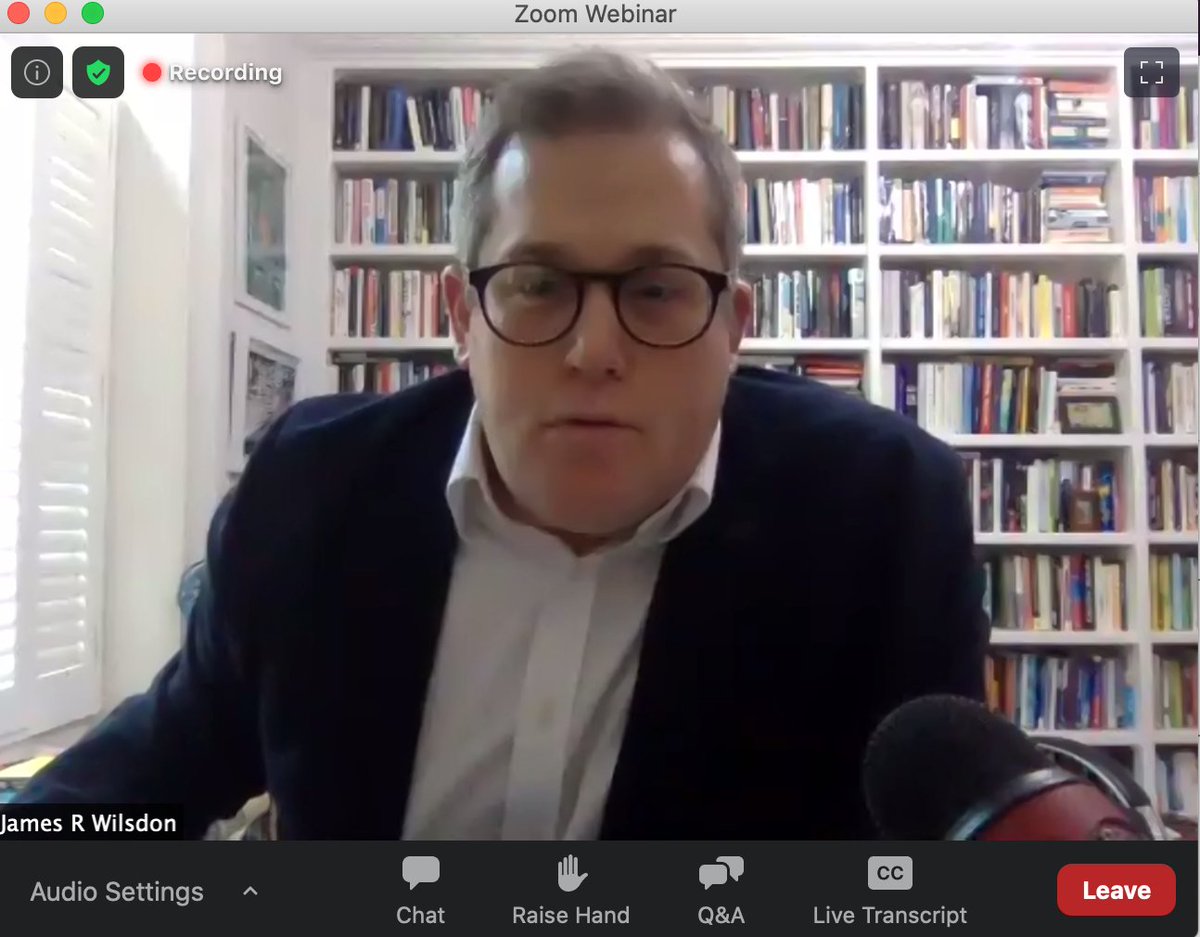This episode of the @BertelsmannFdn How To Fix Democracy podcast series with Malcolm Rifkind is interesting for a couple of reasons, although I didn't find most of his insights particularly compelling (there are better episodes) buff.ly/2O9LSE4
2/ Right at the start Rifkind is asked why he got into democratic politics. He says aged 15 he joined a school debating club and carried on through university
3/ as an aside he notes that all schools have this - I think this betrays his background, all public schools perhaps, and prompts my first set of thoughts about his world view on democracy
4/ The Westminster model of democracy is built on debate, which in the end relies on one side triumphing over the other. We see this played out weekly in PMQs. It is good media spectacle, but offers much more heat than light
5/ Rifkind sees the value of these debating clubs as helping young people to learn about key social issues (no dispute there) and that there are good points to both sides of the debate, that there's no black and white, just lots of grey.
6/ It's here I start to disagree and think that he doesn't examine this insight further.
Debate is supremely unhelpful in exploring these grey areas, people fortunate enough to go to schools which can afford debating clubs may learn about the grey areas....
Debate is supremely unhelpful in exploring these grey areas, people fortunate enough to go to schools which can afford debating clubs may learn about the grey areas....
7/ ... but they also learn how to win the argument against 'the other side' despite these grey areas.
But the vast majority of public policy areas don't have winning sides and losing sides. Instead they present a lot of hard choices where some will win and some lose
But the vast majority of public policy areas don't have winning sides and losing sides. Instead they present a lot of hard choices where some will win and some lose
8/ rather than teaching our children, or the children of the richer families, how to win debates, we should be teaching them how to deliberate, to see that there are far more than 2 sides to any argument
9/ we need to teach all of our children about the tools we have at our disposal to do this kind of work, to help them to learn empathetically about the needs, hopes and fears of others, and to think through how to accommodate them when considering their own.
10/ in short, what we need are Deliberation Clubs not debating clubs.
11/ the second thing I found interesting about the podcast came at the end (you can skip the middle in my humble opinion)
12/ I've no idea if this is a new insight, but in reference to the contrast to China and Hong Kong during the negotiations for handover back in the 80's, he tells an anecdote
13/ he talks of telling a high ranking Chinese official that the HK people are worried about losing the rule of law. The official said they have nothing to fear because the people in China obey the law.
14/ this, says Rifkind, is an important distinction: in liberal democracies we have the Rule of Law, governments and officials are as bound by the law as the general public; in authoritarian regimes we have Rule by Law which applies only to the wider public
• • •
Missing some Tweet in this thread? You can try to
force a refresh





